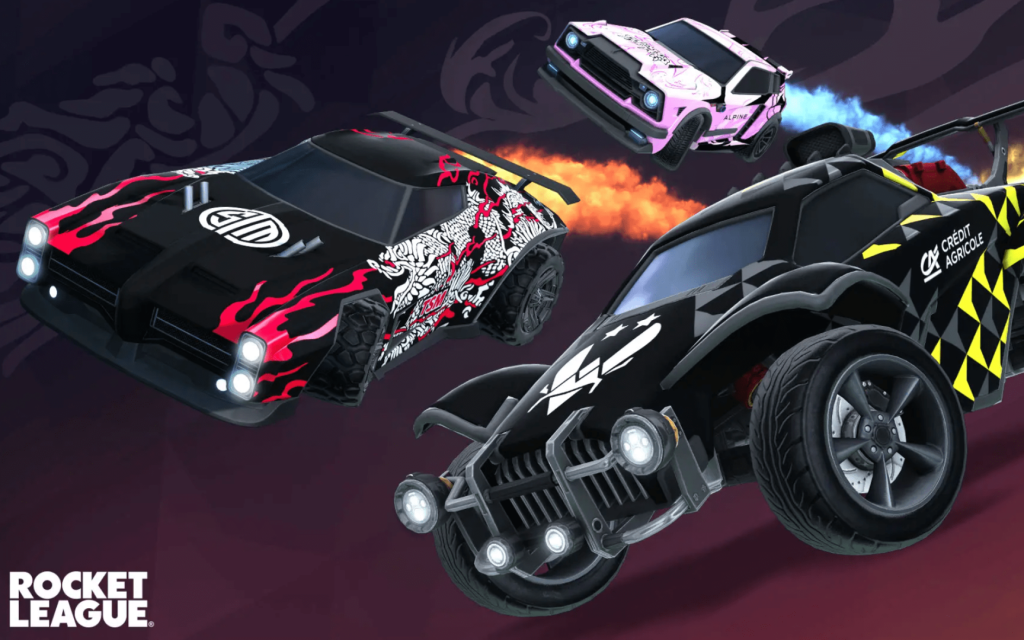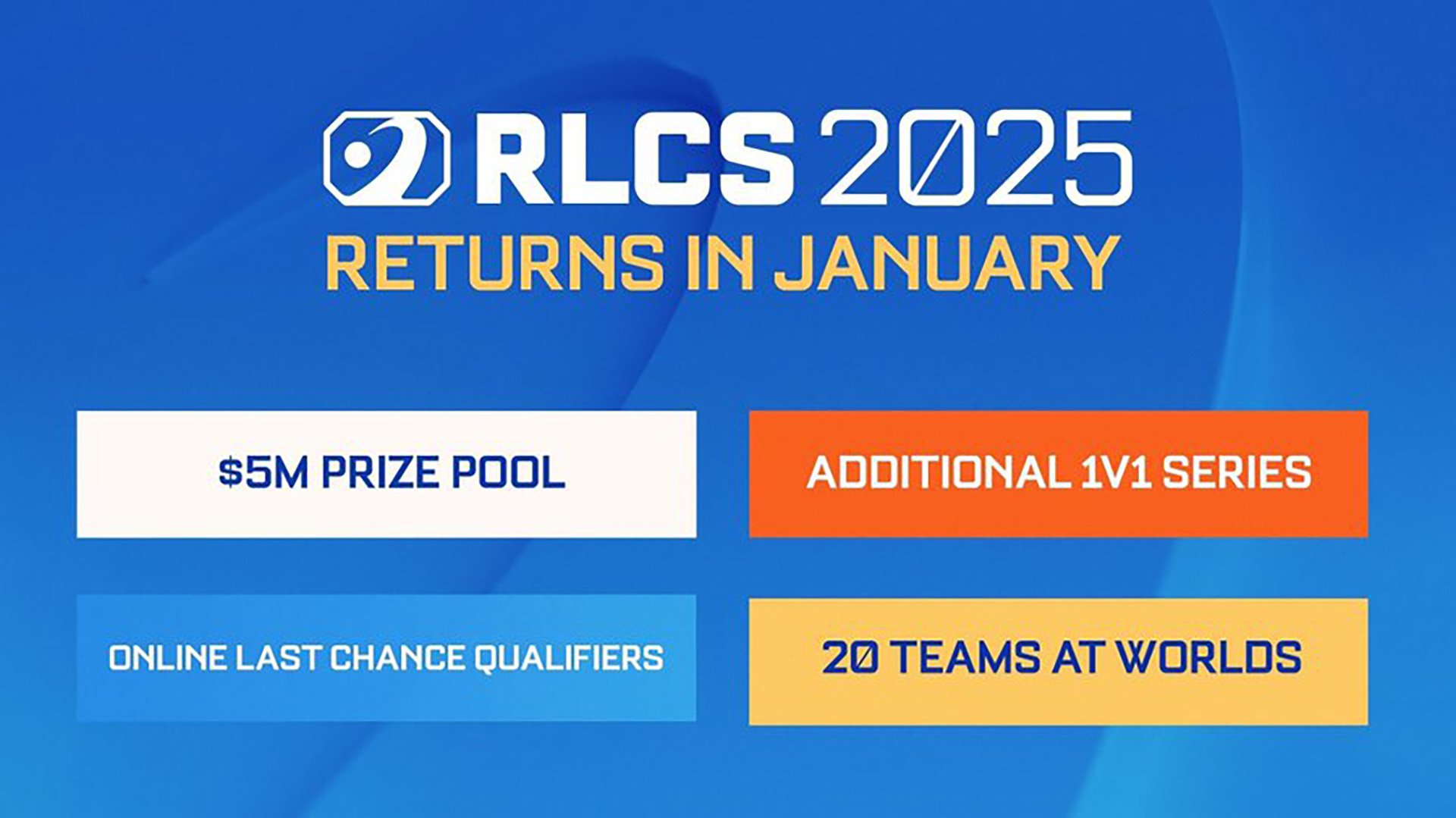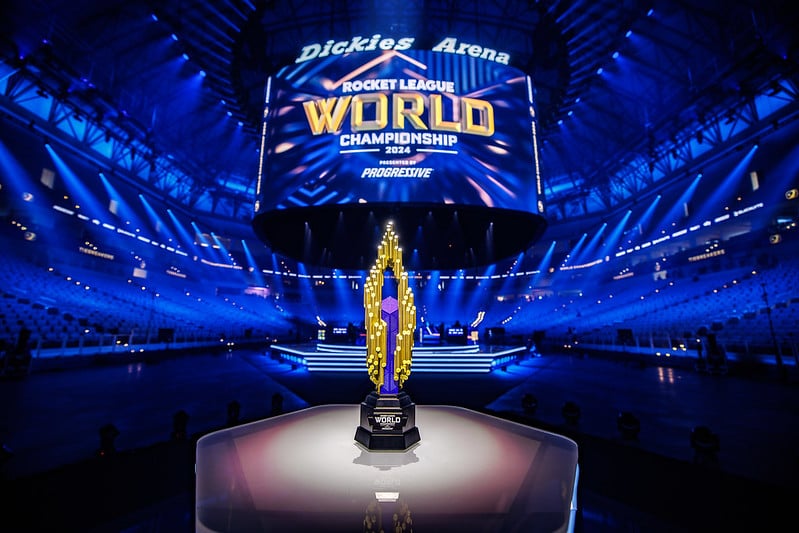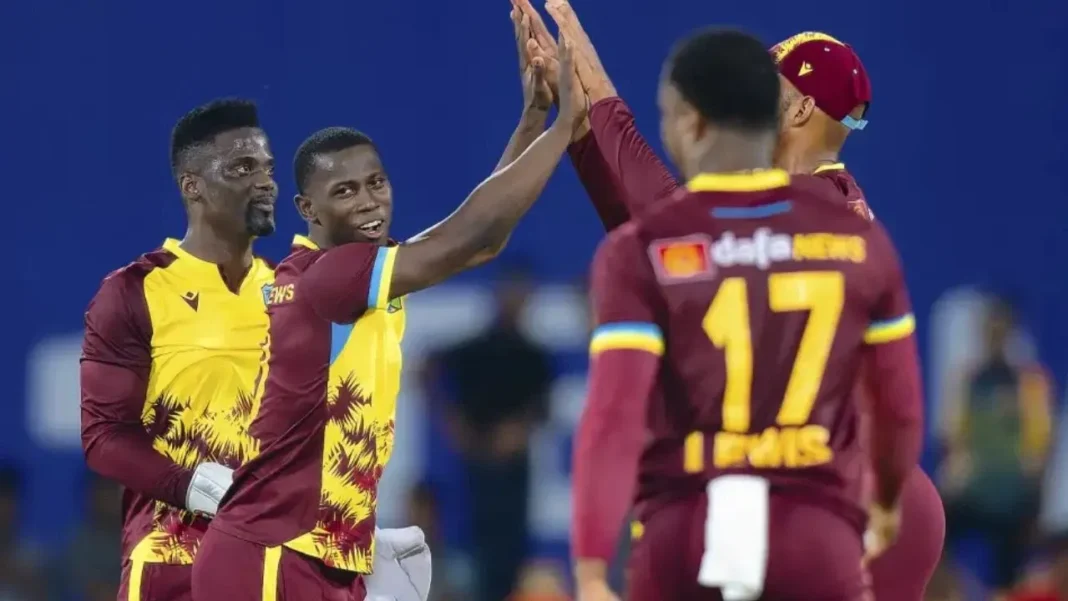Sustainability in esports is a continuing dialogue. From layoffs throughout esports media to groups shutting down divisions to refocus its efforts on a choose few video games, the esports business is on a course correction to attain stability.
Many esports ecosystems have struggled with sustainability points which has led to main modifications in buildings. An awesome instance of that is Overwatch League. Now it appears that evidently the Rocket League ecosystem, particularly the RLCS, is on the forefront of the sustainability dialog.
The subject of sustainability in Rocket League esports rose to prominence final month when Group BDS, a Swiss esports organisation and this yr’s RLCS World Champions, introduced that it was “reviewing its place and funding” within the aggressive scene. Citing an absence of long-term profitability, Group BDS’ championship profitable gamers have since left the organisation, the staff’s focus will shift to youthful expertise and it’ll help the scene via different initiatives.
Group BDS’ announcement was adopted by a wave of statements from TSM, G2 Esports and extra concerning the present esports sustainability points in Rocket League. It’s sometimes uncommon to see main organisations and stakeholders publicly touch upon an esports ecosystem’s sustainability, with most additionally emphasising their intention to stay concerned within the scene.
So, what are these points? Is one thing being carried out to repair them?
One of many largest complaints from esports stakeholders comes right down to profitability. Proper now, the monetary must run a aggressive Rocket League esports division prices an excessive amount of. Some organisations, equivalent to G2 Esports, must depend on main sponsors to make it a viable alternative.
It has additionally been echoed that there isn’t at the moment sufficient help from Rocket League’s writer Psyonix in addition to RLCS event organiser BLAST to maintain an elite Rocket League roster in its present local weather.
“The help we get from the writer and the event organiser of this scene solely covers 20% of the prices to function a Tier1 roster,” stated Alban Dechelotte CEO of G2 Esports on Twitter/X.
It’s essential to notice that Psyonix does present income alternatives for a lot of organisations competing within the RLCS via its in-game merchandise initiative. In April 2019, the corporate launched a revenue-sharing esports store that will give choose groups a lower of the earnings from branded decals.
Initially, the pilot programme noticed 11 groups obtain 30% of the income acquired from purchases of this stuff. In 2024, over 30 organisations debuted new customized decals and participant banners.
When requested about whether or not Rocket League’s income sharing system helps ease sustainability considerations, Shawn Pellerin, CEO of Spacestation Gaming, instructed Esports Insider: “It did in earlier years, however not at the moment.”

One other esport that has the same revnue system is Counter-Strike, with its Main stickers and autographs. While the precise proportion that Valve takes isn’t public, groups and gamers earn a living from the stickers capsules that include staff logos while gamers additionally get a lower from capsules that include their autographs. The main distinction is that groups are chosen for Rocket League’s income system versus Counter-Strike the place groups must qualify for a Main with a view to be eligible.
As such, RLCS’ mannequin is extra akin to VALORANT, which launches digital objects for its Associate groups. In 2023 Riot Video games distributed greater than $33m (~£26.30m) to groups from digital merchandise income.
While this methodology has been confirmed to be efficient, it’s price noting that in-game income closely is determined by the expansion of the scene and the video games reputation as an esport. Counter-Strike has a protracted historical past within the esports area as a franchise. In the meantime, VALORANT is among the quickest rising esports in recent times. While Rocket League has an undoubtedly passionate fan-base, it fails to achieve the viewing figures of tier-one esports, which may peak at over 1m viewers.
This yr, event organiser BLAST introduced raised prize swimming pools for the RLCS in 2025 to $5m (~£3.7m), a rise of $700,000. Nevertheless, organisations often solely get a small proportion of prize swimming pools on account of participant contracts. Different modifications which were made for the 2025 season embody working with third-party event organisers to offer extra alternatives for gamers and groups.

“The one factor we are able to do as an organisation going into subsequent yr is regulate in accordance with the present economics of the scene, that’s the solely management we’ve got to repair the issue,” added Pellerin.
One other main hurdle inside Rocket League esports, is that the price of operating a staff inside the scene has elevated.
He defined: “Yearly the price of groups will increase, however the potential income return was drastically lowering and it’s hit the purpose the place the unfold is so nice that it doesn’t make sense to proceed for some groups.”
Rocket League wanting unappetizing to esports organisations couldn’t have come at a worse time, particularly when you think about the final state of the business and the tremendous margins that many corporations within the business function by. There are much less sponsors and traders coming into the scene, that means that esports organisations are at the moment specializing in consolidation slightly than development and publicity.
In the end, making a sustainable ecosystem will not be a brand new dilemma, neither is it a difficulty that’s simply inside Rocket League.
Different esports equivalent to North American Counter-Strike have additionally suffered drastically, largely on account of an absence of tournaments and help. This has led to much less and fewer alternatives for organisations and gamers— with most of the latter leaving for VALORANT.

Regardless of the problems raised, Rocket League esports continues to remain regular in different areas. In 2023 the esport broke its peak viewership file with 468,292 viewers. This yr it had a comparatively comparable peak of 435,503, placing its reputation on par with the likes of Avenue Fighter and PUBG in accordance with Esports Charts.
Esports Insider reached out to Psyonix to debate considerations over Rocket League’s sustainability in esports.
A spokesperson from Epic Video games, Psyonix’s mum or dad firm, shared the next assertion: “Epic is supporting Rocket League Esports and RLCS with a reset of the format for 2025 that introduces a brand new 1v1 providing in addition to Final Probability Open Qualifiers, an elevated prize pool yr over yr to $5m, and extra methods for gamers to compete within the low season – together with Low season Opens, customized licences with third social gathering event organisers to construct new occasions and extra neighborhood tournaments that includes Rocket League.
“We don’t have any particular particulars to announce but, however we’re additionally working straight with groups who take part within the Rocket League aggressive ecosystem to stipulate further plans for 2025.”
No matter what modifications the following season of RLCS will convey, this example has made one factor completely clear. The fervour of these working inside and across the Rocket League esports system is immense. As an alternative of silently slinking away these manufacturers have spoken as much as attempt to enhance the esport. Group BDS, G2 Esports, TSM, Resolve, Spacestation, Gen.G and extra clearly need the Rocket League scene to succeed by working via the problems which were raised.







